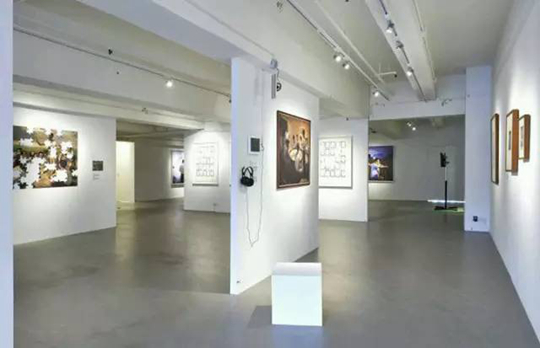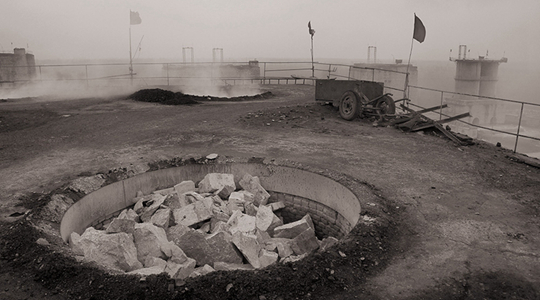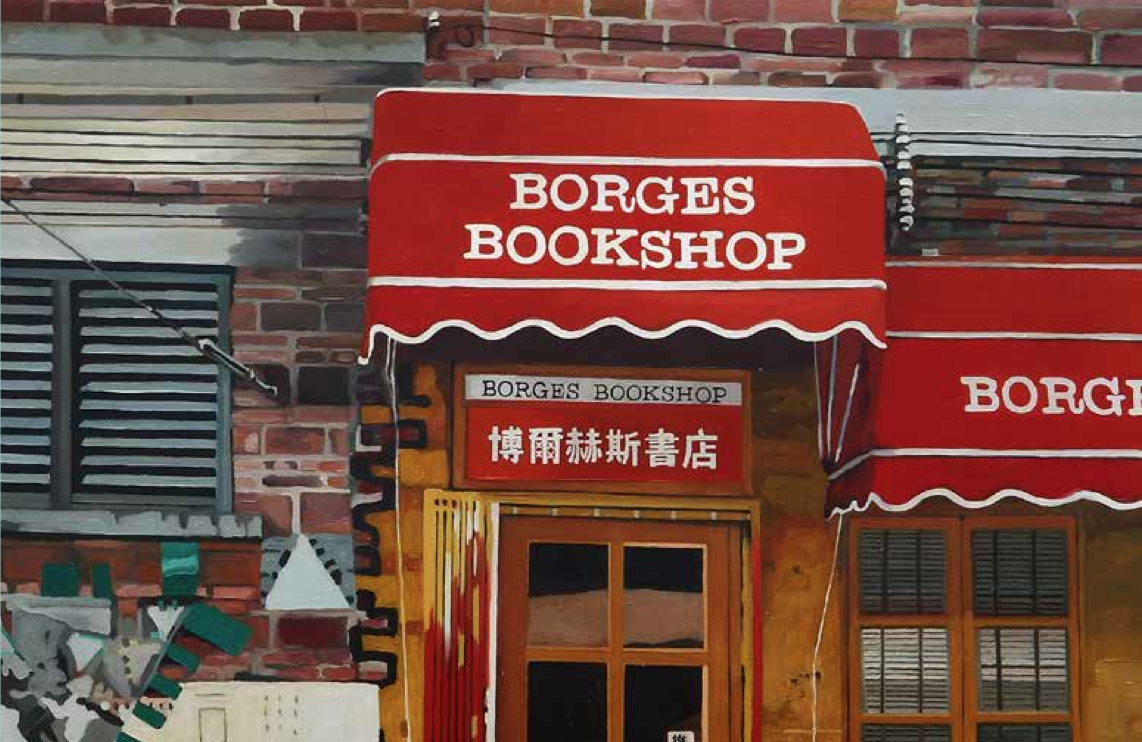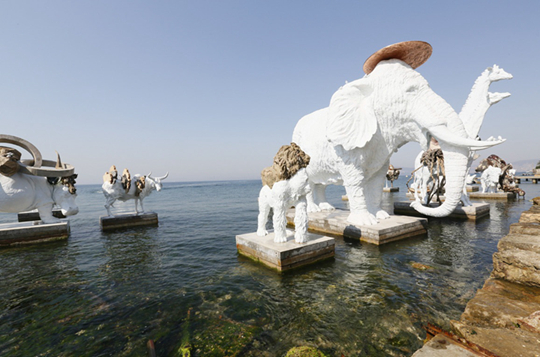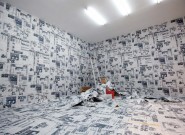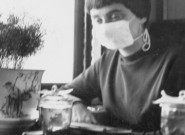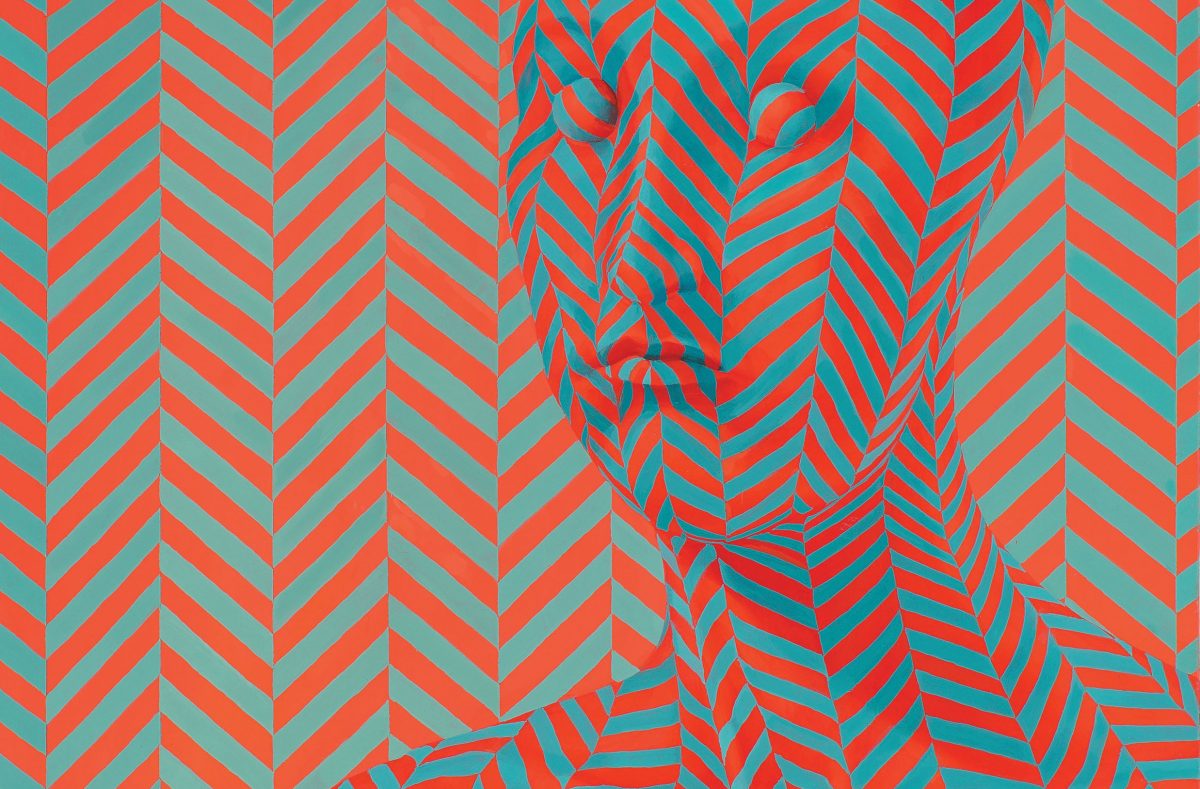In 1967, Canadian media theorist Marshall McLuhan published The Medium is the Massage, a slim paperback that quickly became an icon of pop-culture criticism and cemented his reputation as its high priest. A collaboration with the designer Quentin Fiore “coordinated” by Jerome Agel, the book uses bold layouts, striking graphics, and eclectic samples from art…
Read More1 No matter how you approach him—whether in the imagination, in memory, or in reality—he still seems like an island in the sea: a little dot floating as if at home in an eternally turbulent world. Can I say this? To check, I replay them in my mind, over and over again—all of the real…
Read MoreI had just returned home to Los Angeles from a month-and-a-half-long European trip filled with exhibitions, readings, and parties. Two months earlier, I had proposed to the artist Rachel LaBine, my girlfriend of four years. I hadn’t written an essay or short story in what seemed to me a long time. A few months before…
Read MoreThe moment we arrive at a threshold, we often already know what to expect. The senses distill for us where we are and what we’re supposed to do: as when entering a coffee shop. Increasingly ubiquitous, these houses of high culture appeal through a blending of aromas and symbols; we feel comfortable, worldly, and know…
Read MoreZheng Bo: The Open Drawer Artist Zheng Bo collects, organizes, and records information about public art projects through the website AWallProject.net. He has uploaded six projects to the site so far, …
Read More“Entropy Wrangler,” Ian Cheng’s 2013 exhibition at Off Vendome in Dusseldorf, was an excellent introduction to the logic behind this artist’s practice. The centerpiece was a large projection in the gallery’s basement described as “a live computer simulation that changes and evolves, forever.” Like all of Cheng’s simulations, it was programmed with motion capture techniques…
Read MoreThe 2015 martial arts film The Assassin, by Taiwanese director Hou Hsiao-Hsien, has generated debate in China over how to reach a correct understanding of its plot, background, dialogue, costumes, pro…
Read MoreUnder a large emblem of Black Mountain College we read the list of well-known names who lectured there: Josef and Anni Albers, Robert Rauschenberg, John Cage, Willem de Kooning, Merce Cunningham, Albe…
Read MoreSingaporean curator Qinyi Lim’s exhibition “A Luxury We Cannot Afford” begins by citing the attitude of Lee Kuan Yew towards art and culture: a frivolous waste of energy and resources better spent on industrialization and militarization. If this approach persisted until the creative industries were recognized as a cornerstone of first-world status in the 1990s,…
Read MoreThe title “Twin Tracks,” originating in a Chinese proverb, usually refers to the difficulty of reaching a goal when one is heading in the wrong direction. Yang Fudong’s exhibition guides the audience …
Read MoreChen Tong’s practice is anti-realist in attitude. He believes that an artist should separate the making of art from considerations of personal livelihood. Under conditions of separation, the artist can then work on the basis of detachment from reality, even if he chooses to adopt representational or other apparently realist means of expression. Ideas of…
Read MoreTraditional Chinese painting, known colloquially as a “tasteful debt,” has become an increasingly important part of the economy of gifting. Its role as an unspoken tender allows ink to become a mirror that reflects the true complexities of the interpersonal relationships arising from man’s unquenchable thirst for power and ability or willingness to navigate this…
Read MoreIt is difficult to talk about Maria Taniguchi’s work. Like an archaeologist piecing together artifacts, she unpacks knowledge and experience connecting material culture, technology and natural evolution. Beyond her objects, we are asked to look at their context. Who sees an object? How are we seeing this object? What associations can we make? A lesser-known…
Read MoreWhat if life was nothing but a flux of images? What if life could only be retained as such a flux of images? Chen Tong loves every facet of life. Chen Tong paints images. Chen Tong’s images capture life in every detail, fastidiously, abundantly, unceasingly, erotically. His paintings fascinate through the precision of expression and…
Read MoreA single substance connecting all continents, saltwater has a habit of sustaining certain life forms while desiccating others. Its rising levels may threaten life as we know it, but, on shore, it drie…
Read MoreZhang Ding’s work conveys objects and phenomena that are impossible to describe through language alone. Perhaps the essence of these things is too primal, to the extent that language—artificial and pretentious—cannot touch them. Perhaps the system of these things is too complex, and language cannot communicate their complexity. Substances overcome their physical properties, removing the…
Read MoreAnthropologist Claude Levi-Strauss was a fan of painter Nicolas Poussin. He analyzes Poussin’s use of light and composition in painting Echo and Narcissus, and expands on its subject matter. The concept of the echo holds different meanings in different cultures. To the Greeks and Romans, the echo was an impediment to communication; to Native Americans, the…
Read More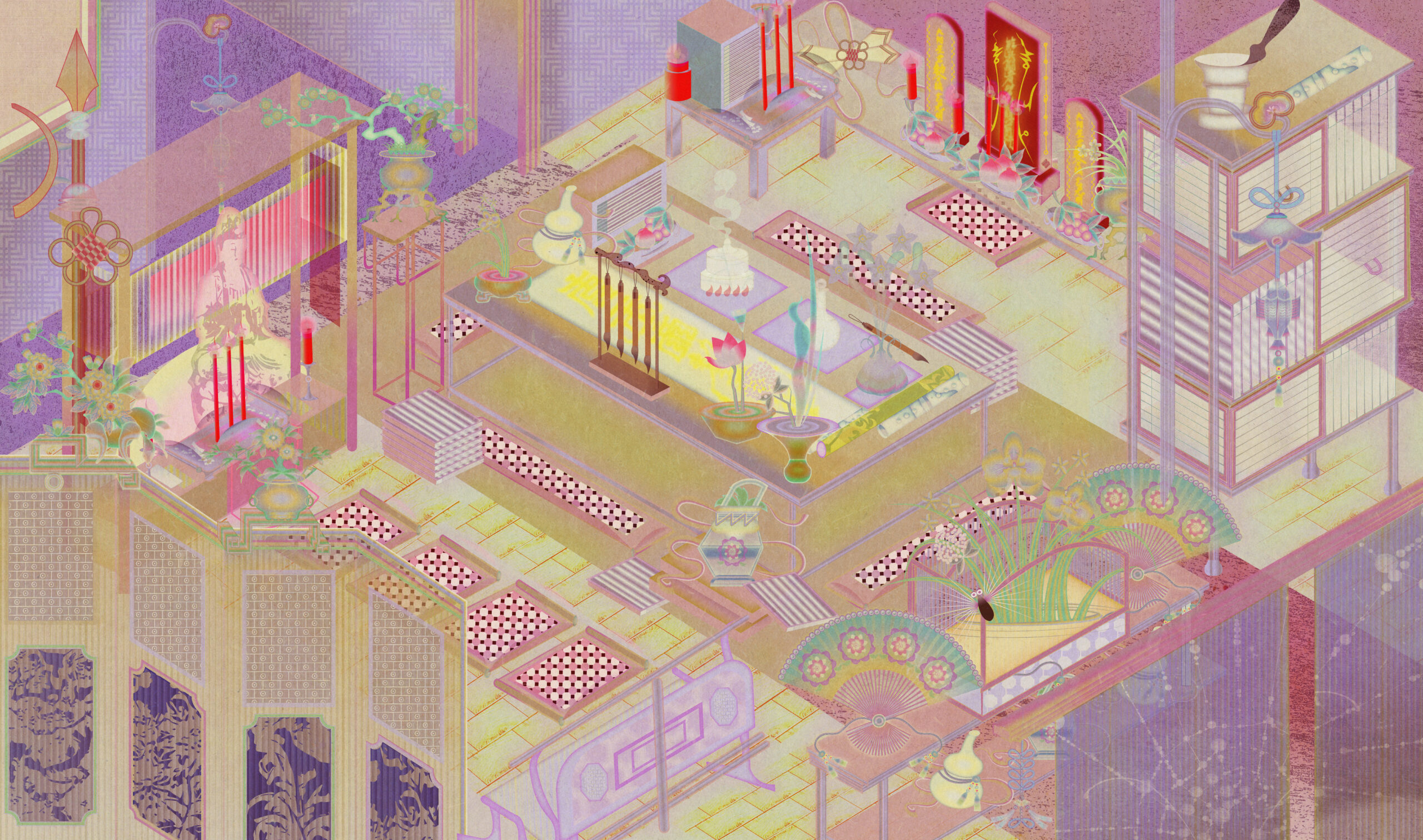
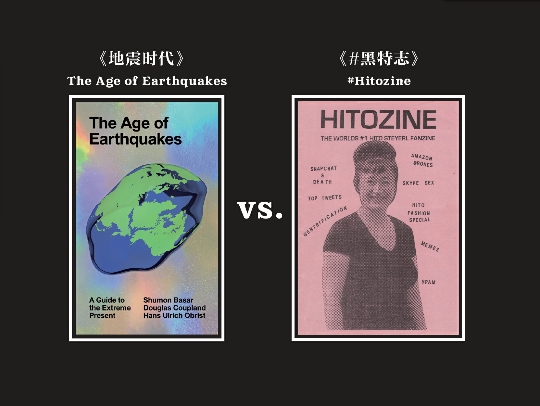
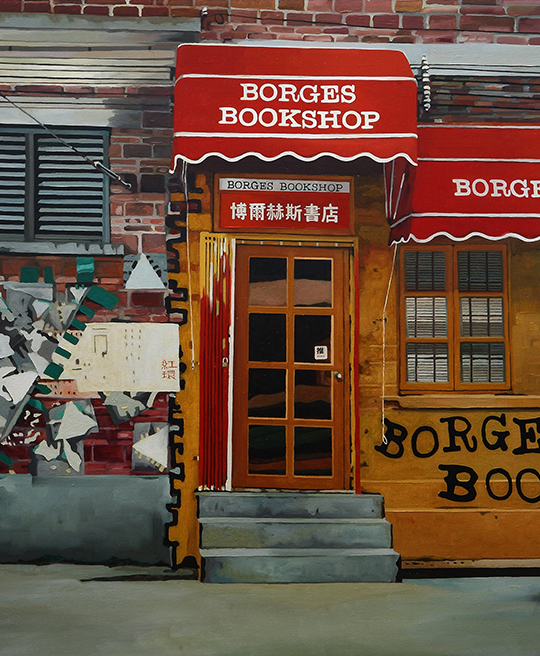
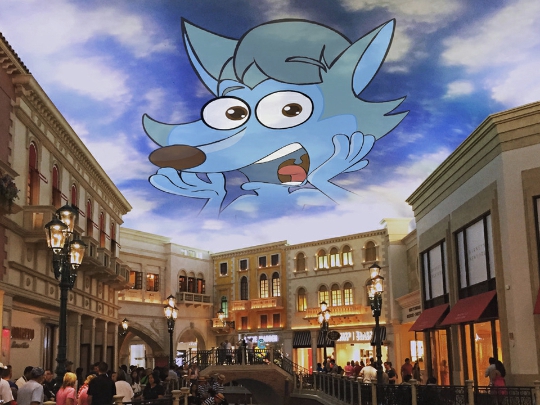
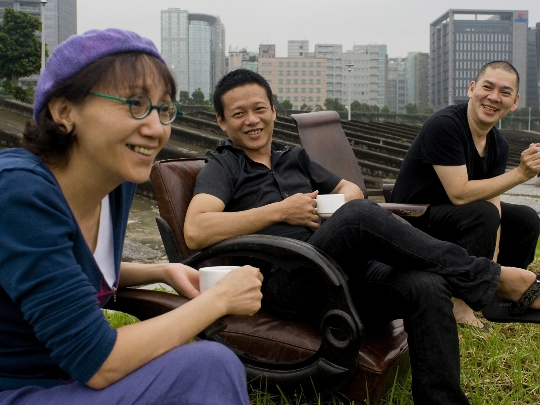
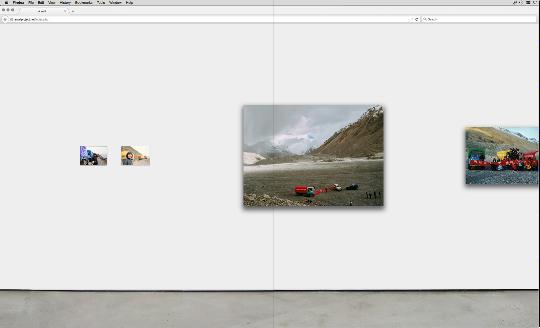
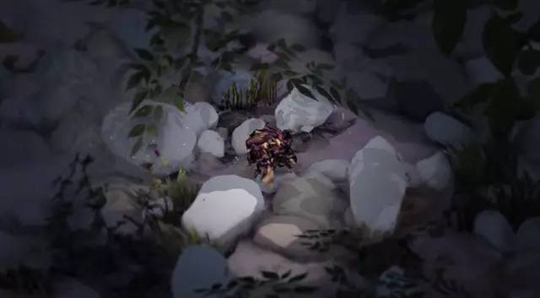
.jpg)

